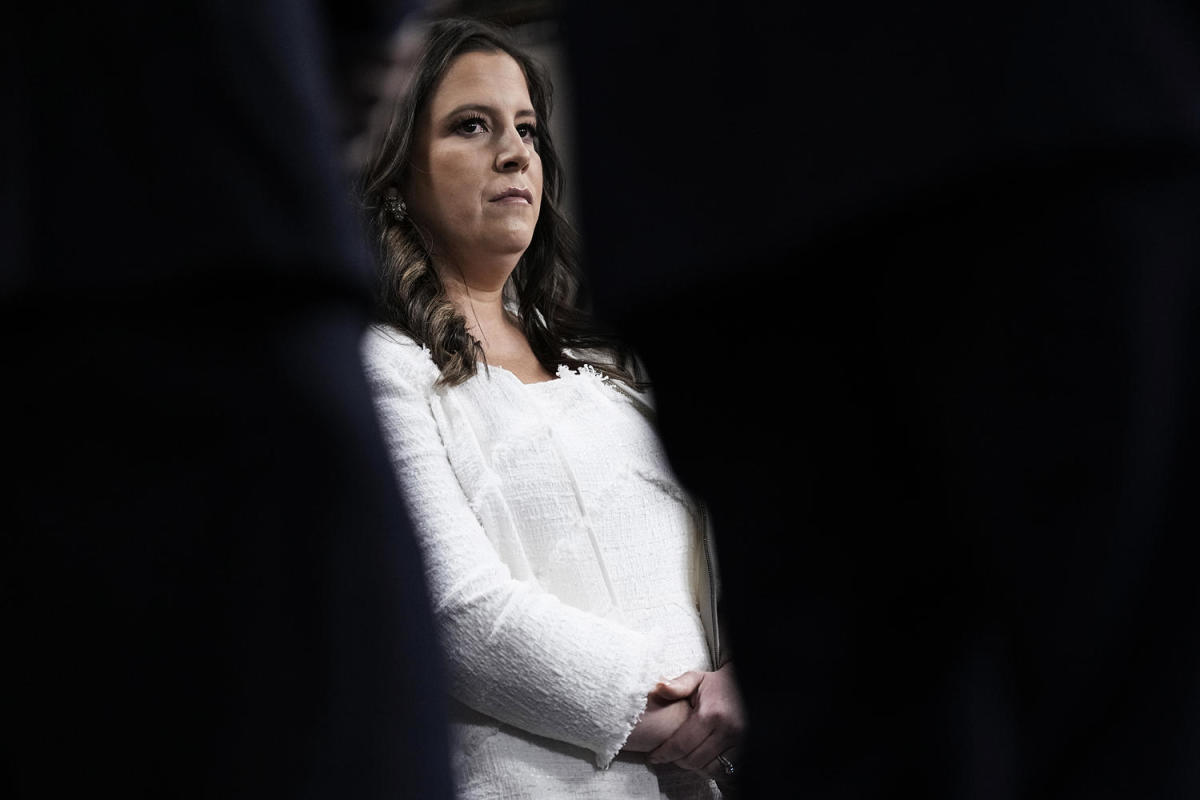A District of Columbia appellate court panel on Thursday unanimously rejected former President Trump’s claim that he is immune from prosecution on criminal charges that he plotted to overturn the 2020 election results.
“For the purpose of this criminal case, former President Trump has become citizen Trump, with all of the defenses of any other criminal defendant. But any executive immunity that may have protected him while he served as president no longer protects him against this prosecution,” the three judge panel write in their opinion.
The decision is likely to be quickly appealed to the Supreme Court. Trump has until Feb. 12 to appeal, according to the opinion.
Last month the high court refused an emergency appeal by special counsel Jack Smith to take the case before the appellate court weighed in.
Now that the U.S. Court of Appeals for the D.C. Circuit has ruled, the Supreme Court may agree to resolve the constitutional question raised by Trump’s claims, or it could let the appellate ruling stand, which would amount to a defeat for Trump. The former president has signaled plans to use presidential immunity as a defense in all four of his criminal cases.
What happens next in the immunity case will likely determine whether Trump’s election interference trial begins as scheduled March 4. Pretrial filings have been on hold since December and the judge had already indicated that the trial might have to be moved.
Trump is charged with four federal felonies including conspiring to obstruct the official certification of President Biden’s election victory and seeking to defraud Americans of their rightful votes.
Trump’s lawyers say the criminal charges should be thrown out on the grounds that a former president cannot be charged with a crime for his “official acts” while in the White House.
Trump and his legal team argued that a president cannot make necessary decisions for the country if they are worried about potentially facing criminal charges when they leave office.
“Any mistake, even if well intended, would be met with almost certain indictment by the opposing party at term end,” Trump said in an all-capital letters Truth Social post Jan. 20. “Even events that ‘cross the line’ must fall under total immunity, or it will be years of trauma trying to determine good from bad.”
His lawyers told the court that impeachment is the proper form of punishment.
Trump was impeached by the House twice, including for his alleged efforts to remain in office, but he was not convicted by the Senate.
Smith, who is prosecuting Trump, argued that criminal charges can be brought once a president leaves office, particularly for actions that don’t relate to his official duties. That includes, Smith says, Trump’s efforts to overturn the election results.
The special counsel says it would be dangerous for the courts to rule that a president or former president has total immunity from criminal charges.
The three-member D.C. panel included Judge Karen Henderson, an appointee of President George H.W. Bush, and Judges J. Michelle Childs and Florence Pan, both Biden appointees.
Get the best of the Los Angeles Times’ politics coverage with the Essential Politics newsletter.
This story originally appeared in Los Angeles Times.

Amanda Smith is a dedicated U.S. correspondent with a passion for uncovering the stories that shape the nation. With a background in political science, she provides in-depth analysis and insightful commentary on domestic affairs, ensuring readers are well-informed about the latest developments across the United States.






